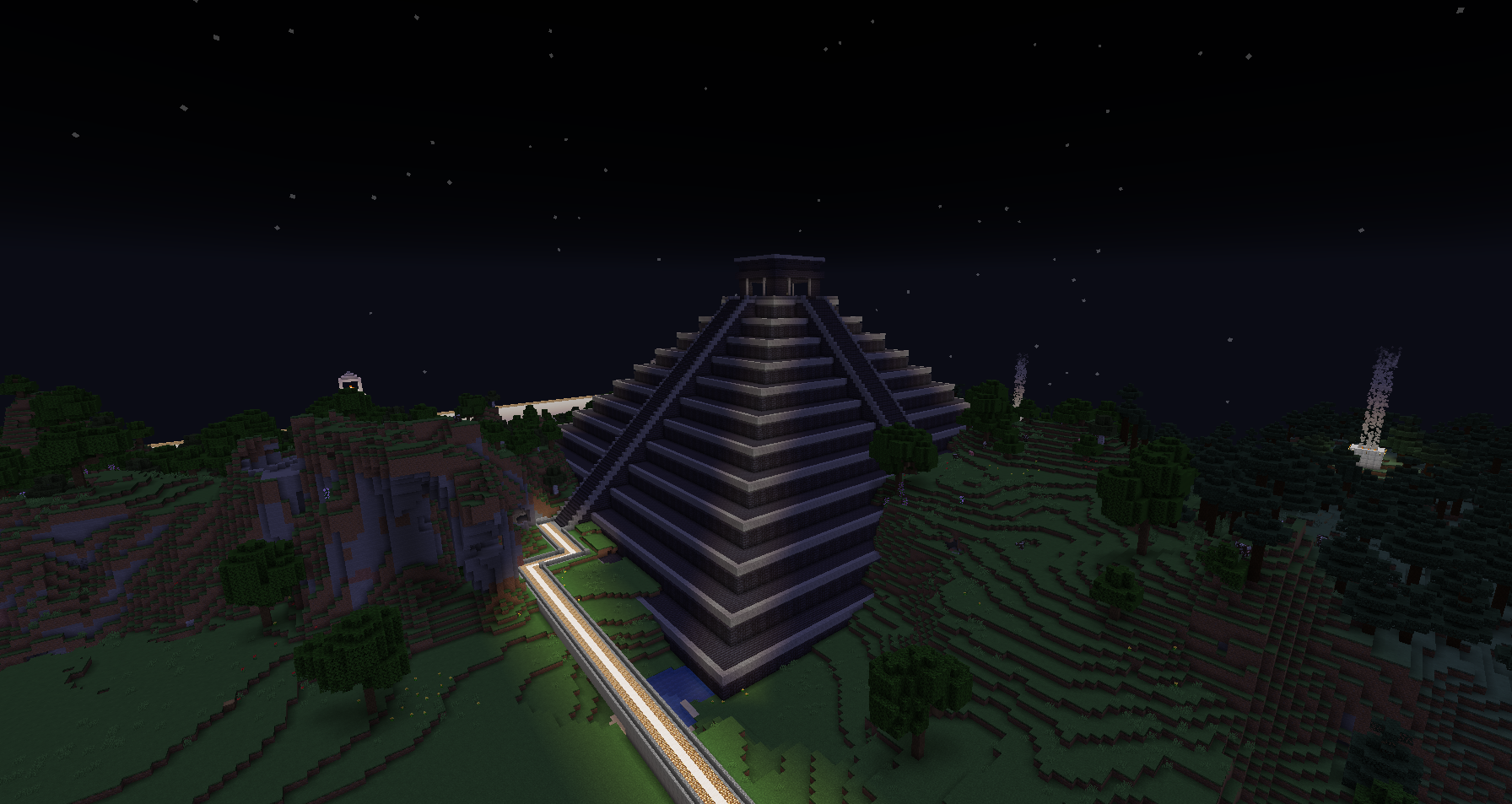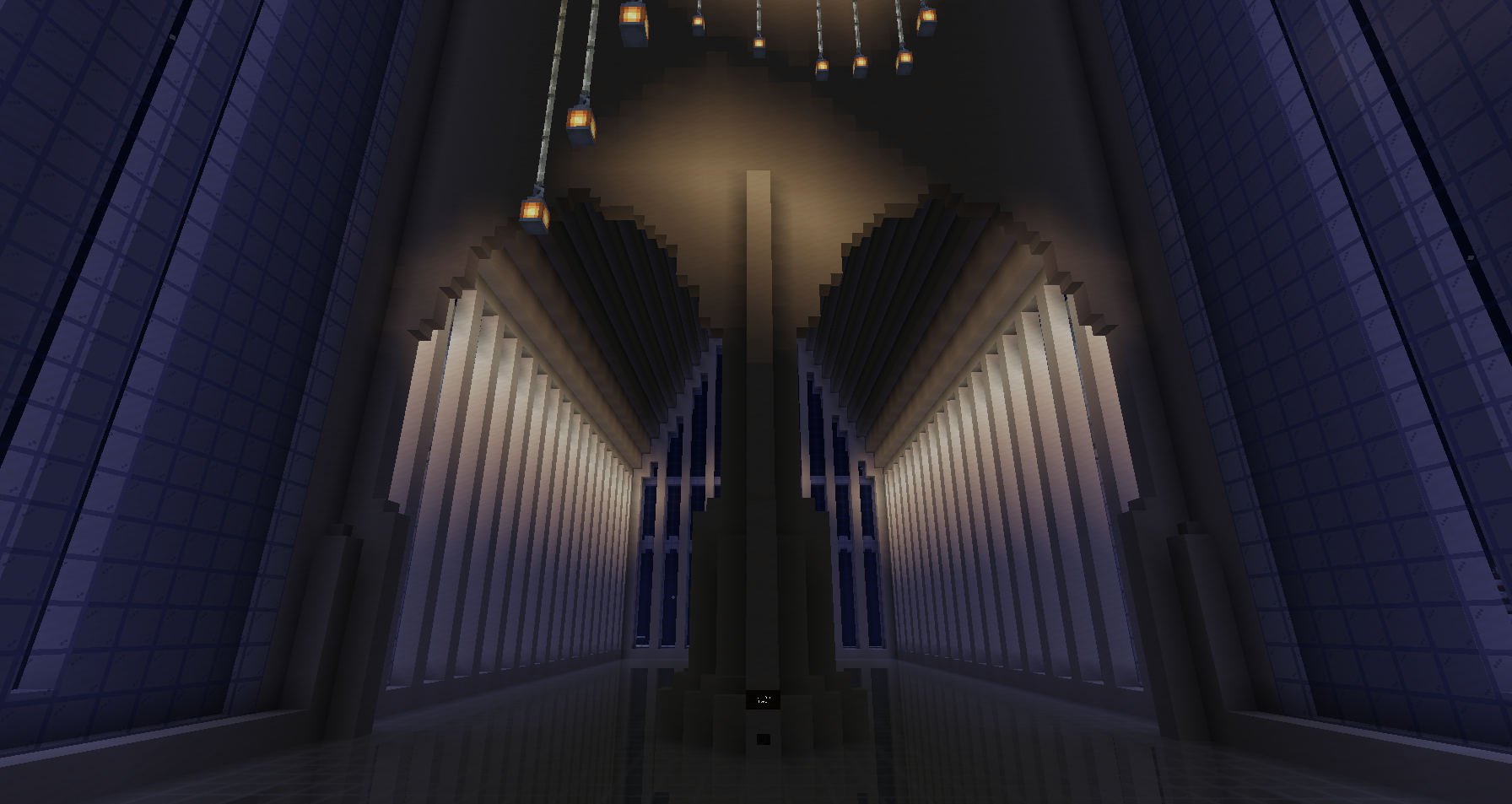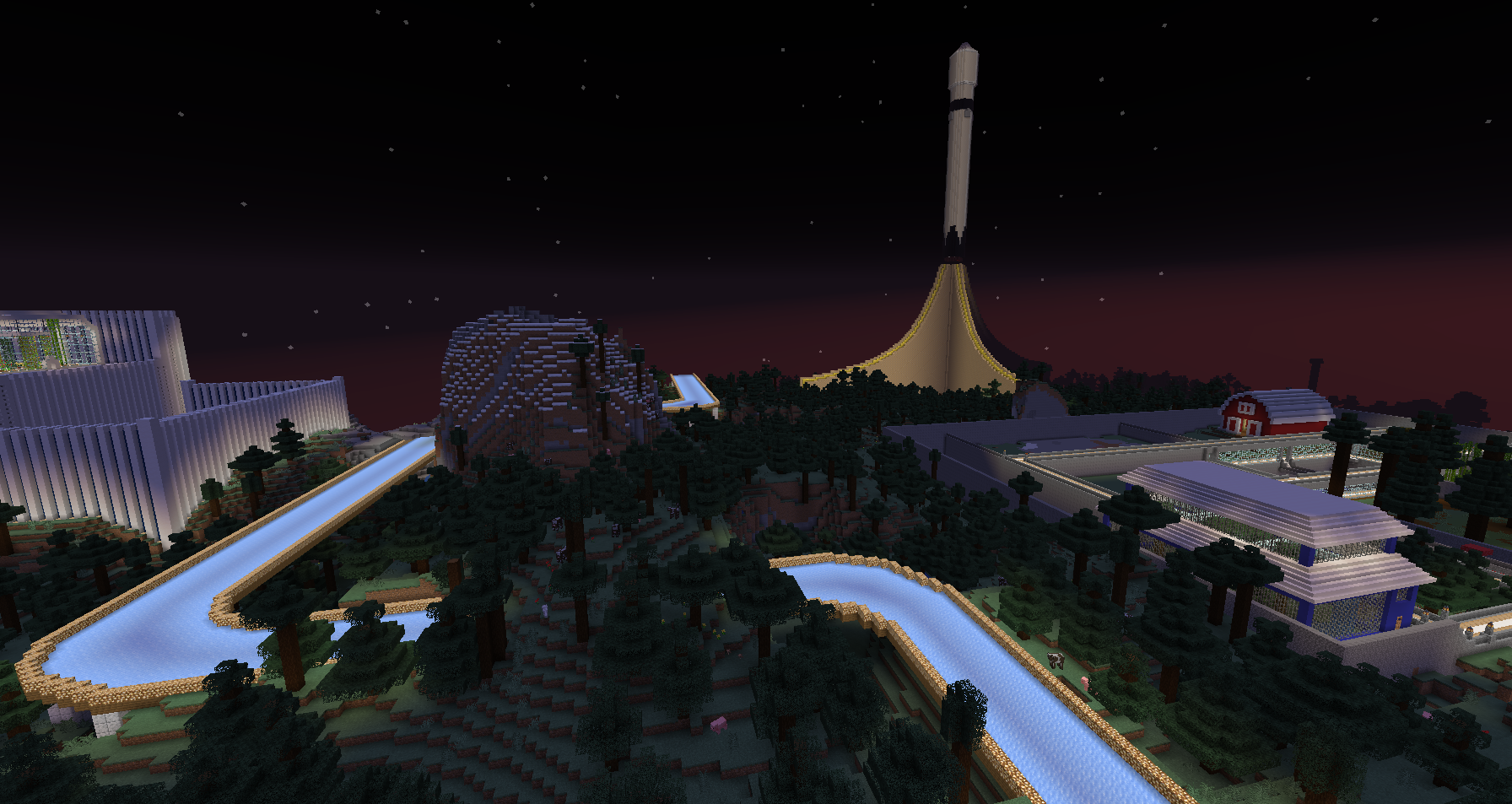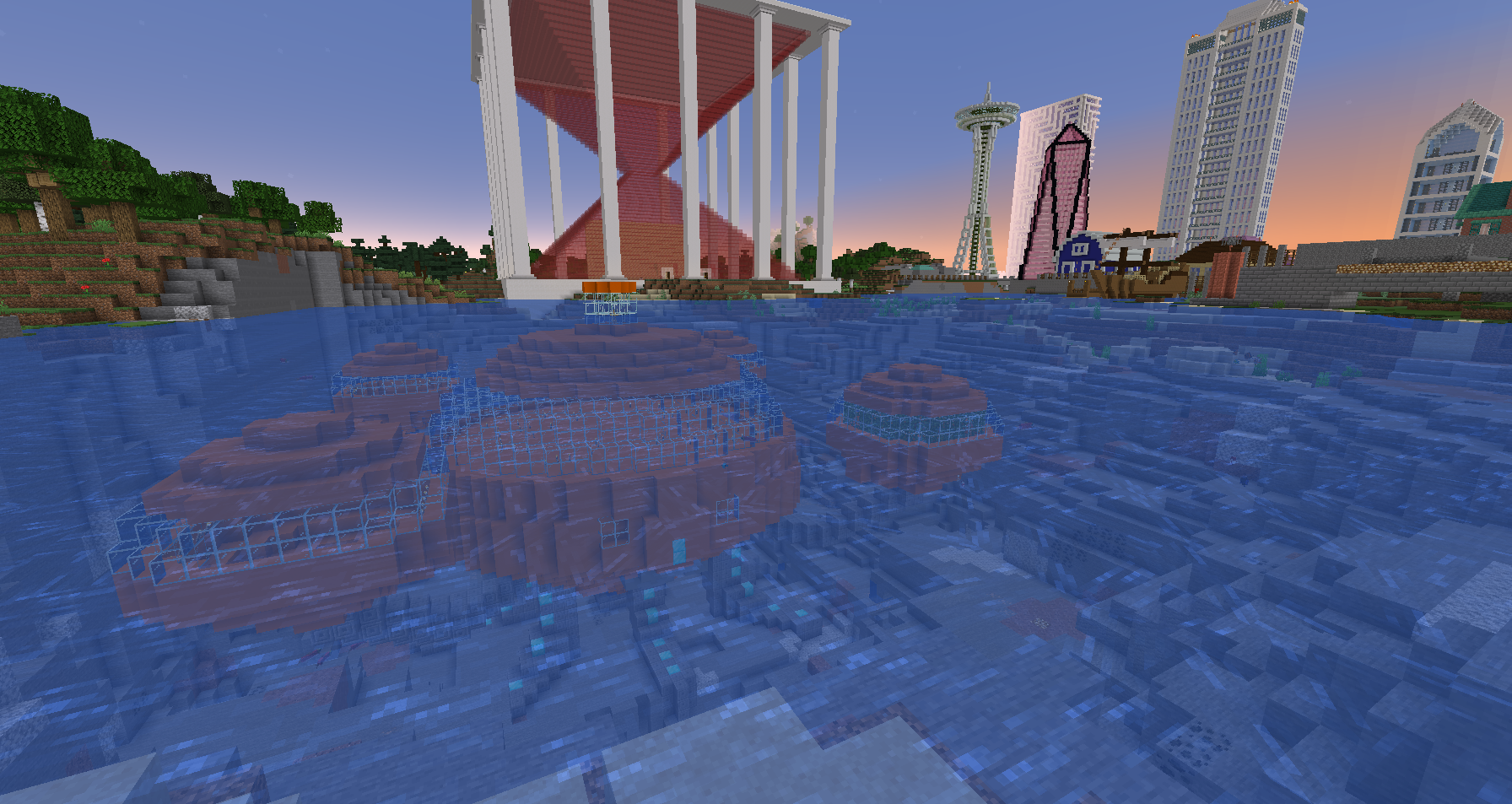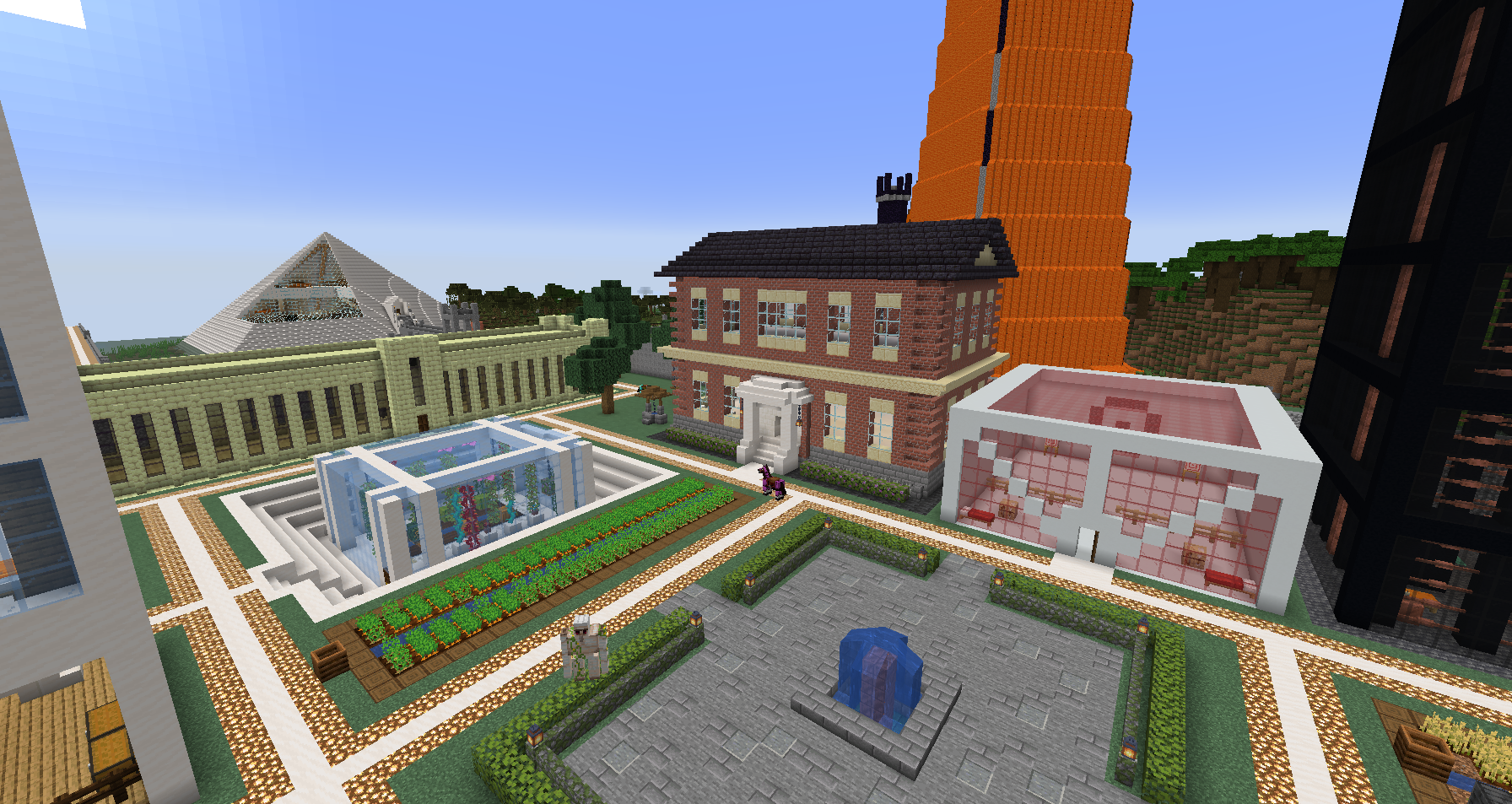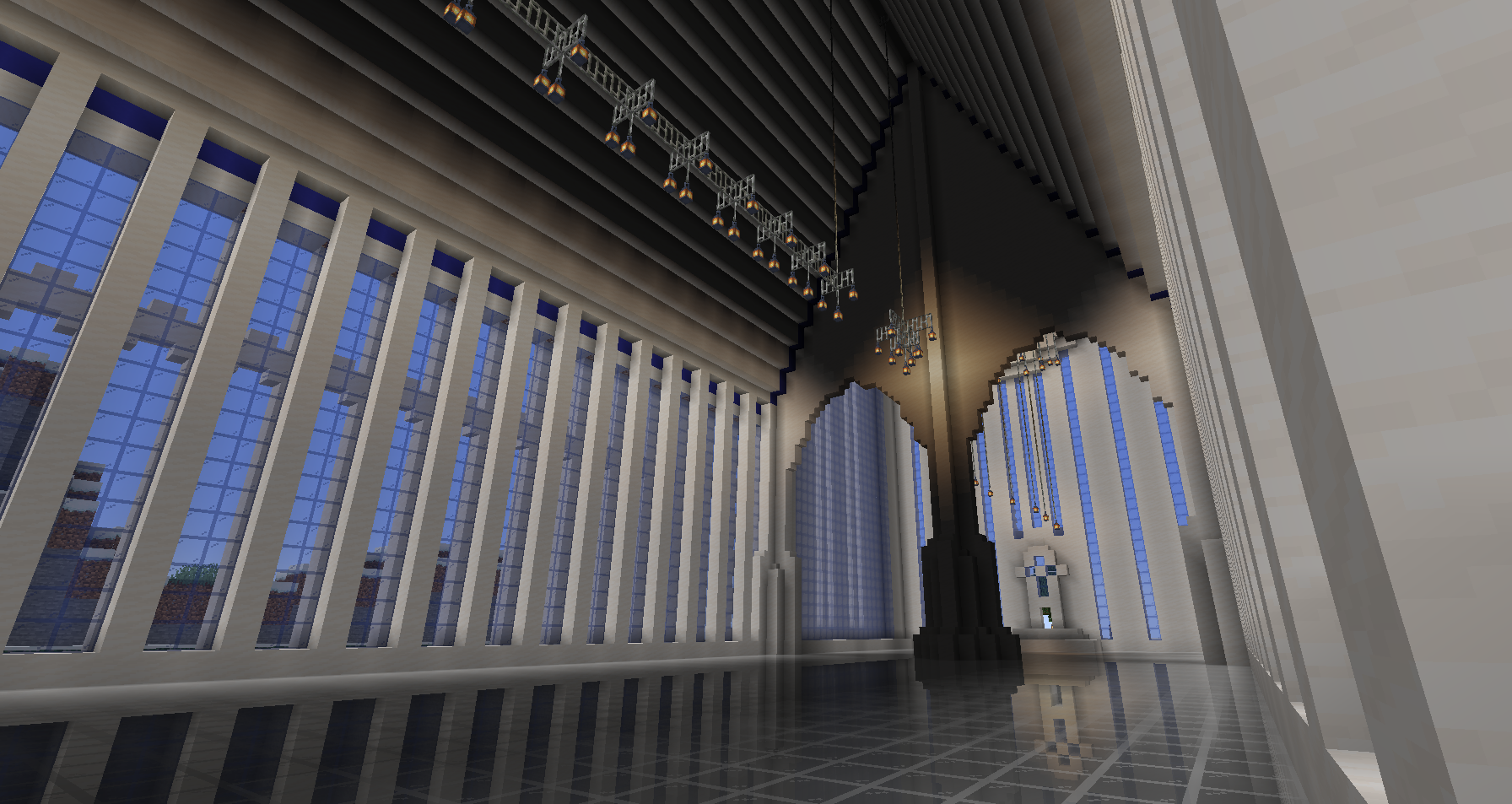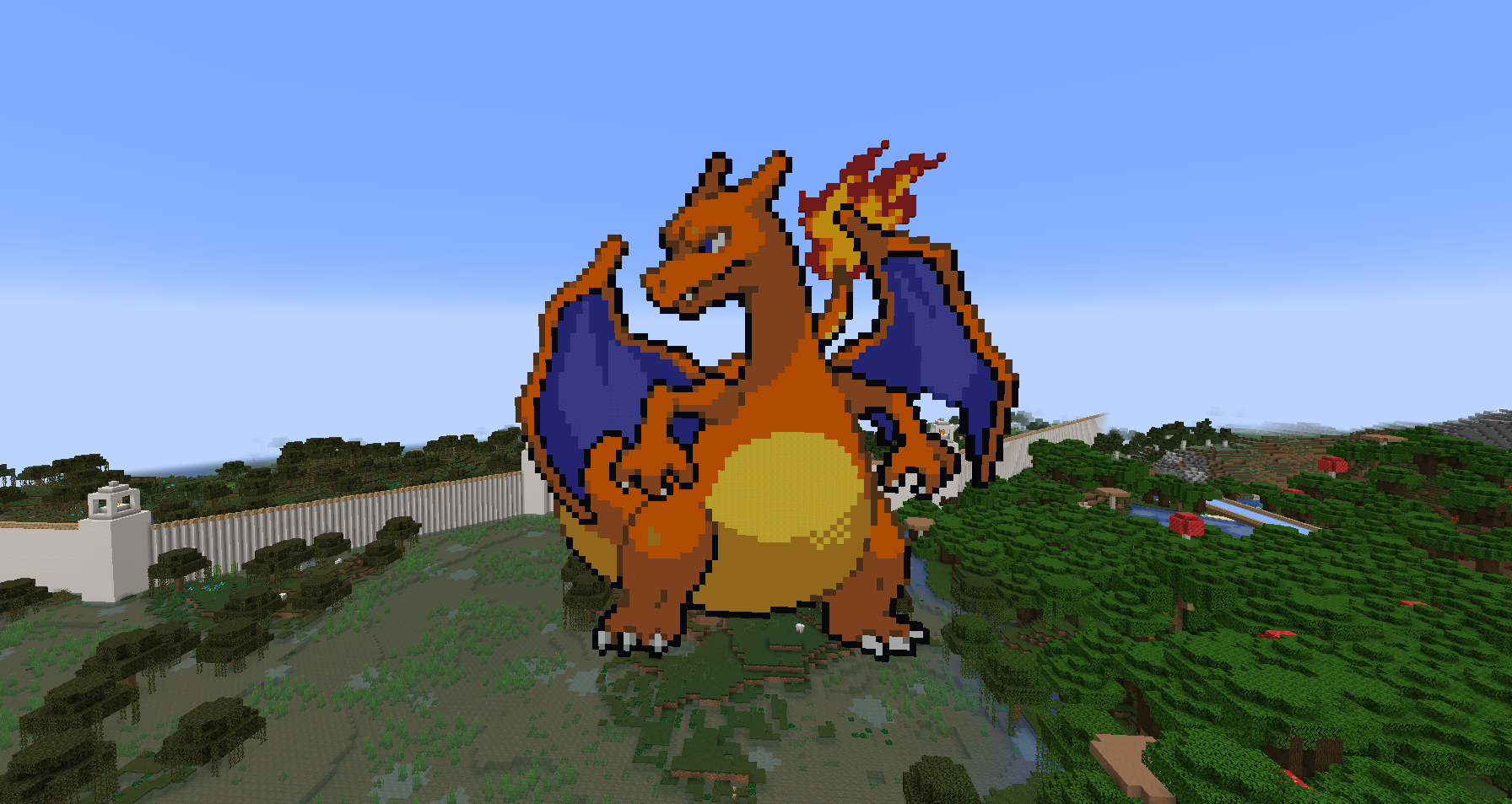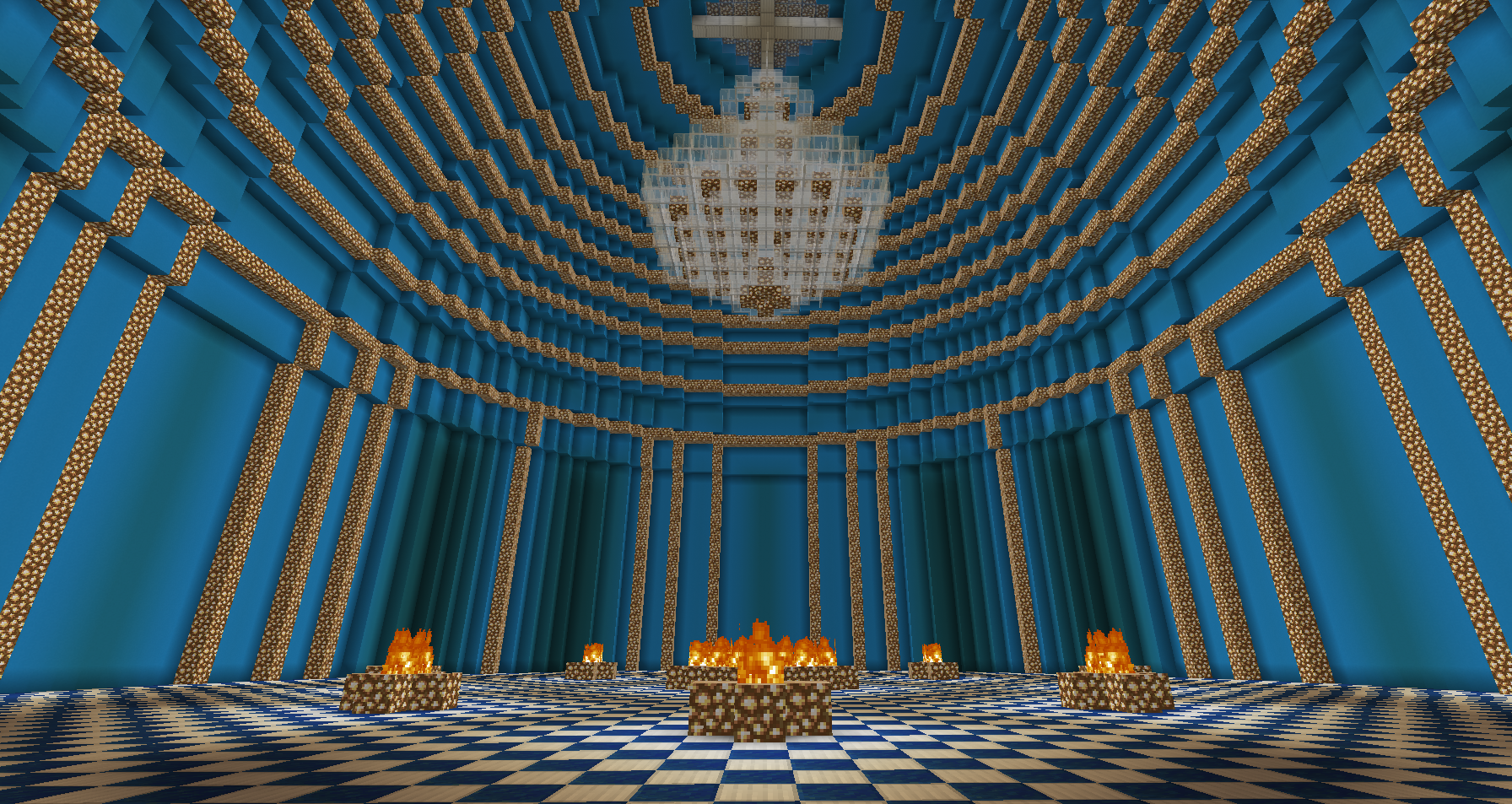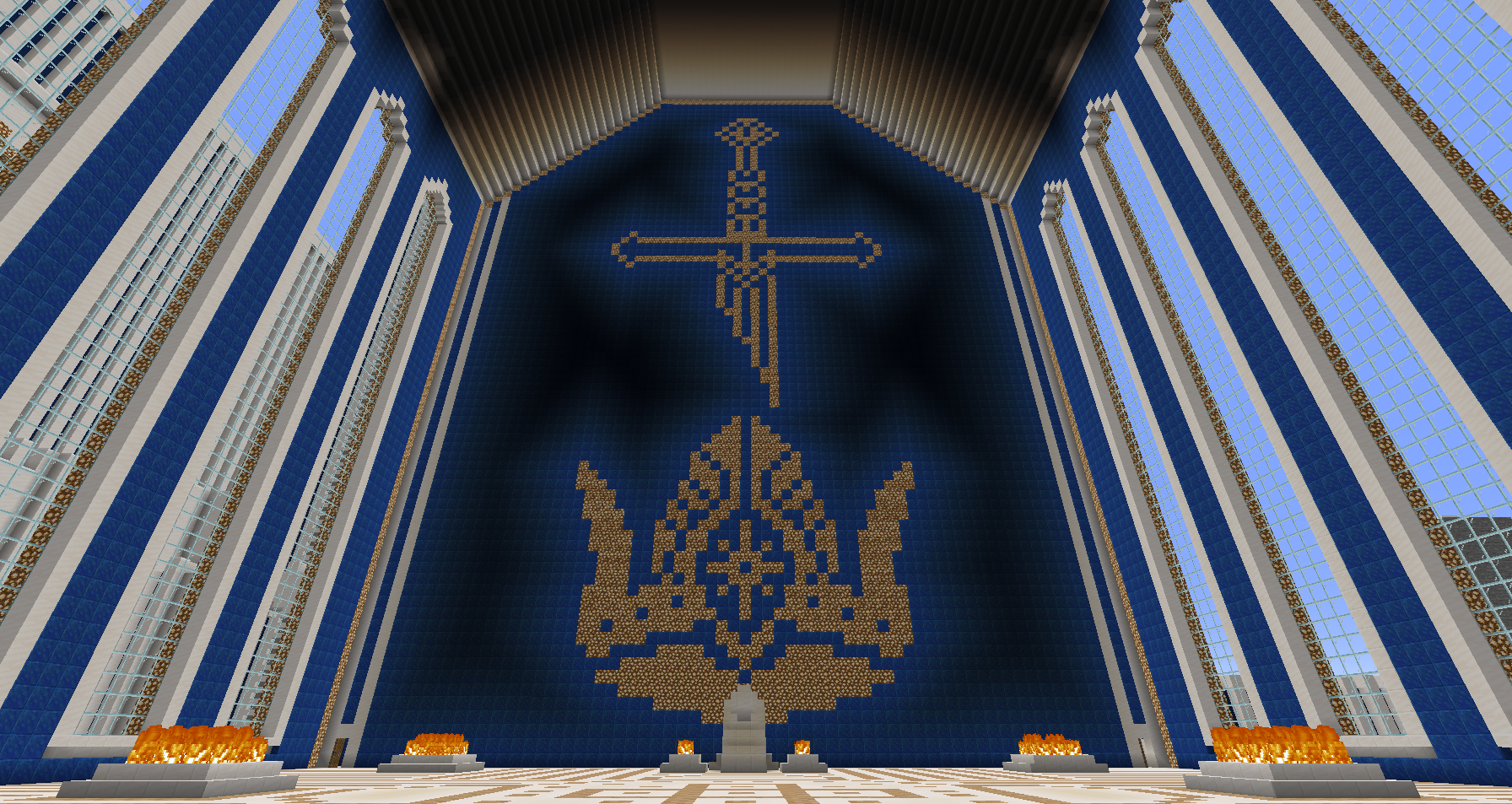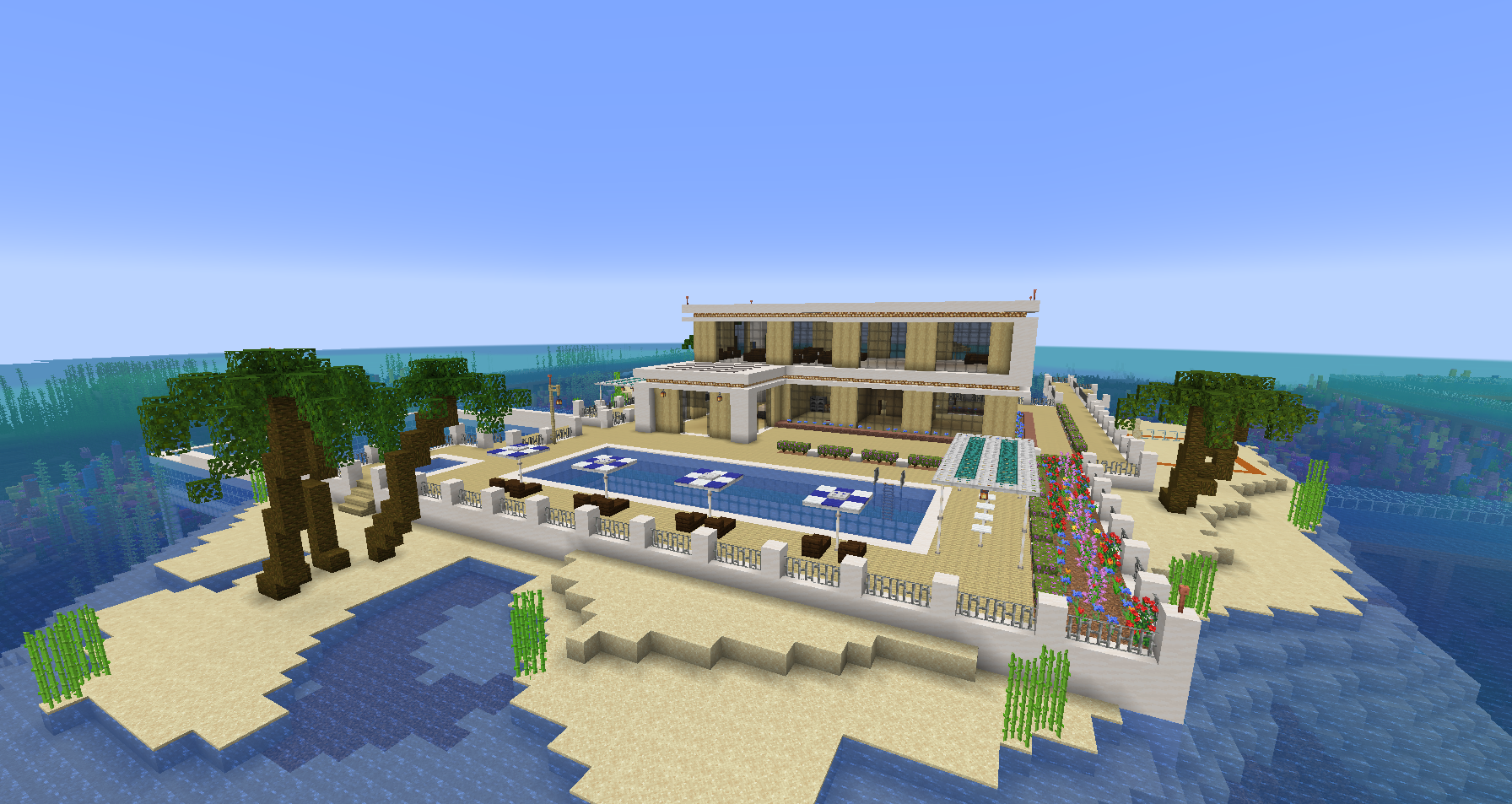Welcome to our website!
Please explore our website and be sure to let us know if there's anything you'd like us to add! We've thrown together a few images (above) for some of the builds we've completed. We are working on a LOT more. Thanks for stopping by!-Mr. Miller & Ry11
P.S. Don't forget, you can contact us at ben@completelymiller.com
Minecraft for Parents:
There are four main editions of Minecraft:Minecraft Java - The original - this version is playable only on a computer (laptop-desktop-single board). This version costs about 30 bucks. This is the best version of Minecraft - just ask any nerd. It gets all the updates first and has the most customizeable modified content (otherwise known as a "mod"). There are thousands of mods available for Minecraft, the majority of which are for Java Edition.
Minecraft Bedrock - This is the version played on gaming consoles like the Nintendo Switch, Playstation, or Xbox. It's also available on computers. Like Java, it costs about 30 bucks for computers, but the price for a gaming console is higher.
Minecraft Pocket Edition - This is the version you have on your phone that your child uses to destroy your battery life. It's a scaled down version of Minecraft Bedrock designed to be playable on devices that are fanless (phones, iPads).
Minecraft Education Edition - This is the version that compels you to write to your child's teacher asking things like "Why are you letting my child play a video game at school?" and "Surely he should be doing math, right?" Then you find out that this version isn't quite the same as the game that annoys you greatly and drains your phone battery. This version can be used to teach your child everything from coding in Python to advanced chemistry and is used in virtually every educational program in every country on Earth. This version has content from NASA, the World Wildlife Fund, and Discovery Education.
Other Versions:
Minecraft Dungeons - This is a dungeon-crawler game where you can level up a character by defeating various entities and collecting items.Minecraft Legends - This is an action-strategy game designed to introduce children to things like resource management as well as the typical combat strategies.
Okay, Mr. Miller, stop telling me about game versions already! Your nerdiness is starting to leak out. Just tell me what I want to know - how can I make my kid happy in the cheapest way possible?Fine. The most cost efficient way is to use what you already have. If you have a console, you can find the digital version of Bedrock Edition for between 20-30 dollars in the store for your console (Playstation Store, Nintendo Shop etc.). If you have a computer that's reasonably new, you might be able to run Bedrock Edition, and you can almost always run Minecraft Education Edition. But - your computer has to be Windows 10 (or 11) or the latest version of MacOS.
Another option is a single board computer. Single board computers can be hooked up to a TV or a spare monitor. You can use that incredibly old keyboard and mouse set that you stashed in the junk drawer thinking that one day, maybe one day, you could use this old keyboard and mouse... so you better just keep it. Single board computers like the Orange Pi or Raspberry Pi (not actual food items) can run basically any edition of Minecraft. They are also very cheap for a computer - between $35-150. The only drawback is that you will have to set this device up on your own using a guide, and you'll have to learn a little about an operating system called Linux. This process, thanks to the many guides out there, is simple enough that an eight year old can do most of it. (If you cannot put together IKEA furniture on your own, stop reading now).
You can also use single board computers (like the Raspberry Pi) to create a Minecraft server that multiple players can play together on. Servers can be rented (monthly) online through certain web hosts or through Minecraft's subscription service called Realms, but this can get expensive. With these single board computers you have an incredibly cheap way to play the Java Edition of Minecraft without a monthly charge. Since single board computers like a Raspberry Pi are the size of a cell phone, they are also incredibly portable. There are even companies who make a small screens for these devices so you could build your own portable setup.
